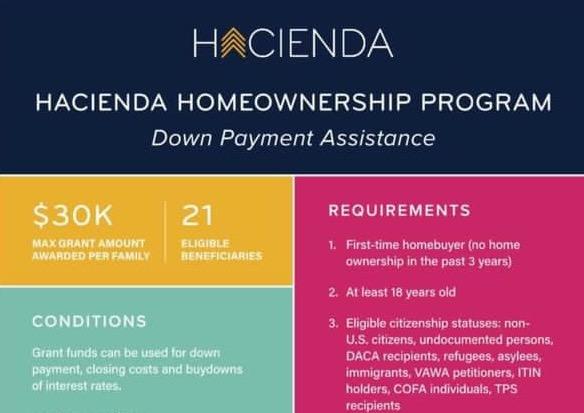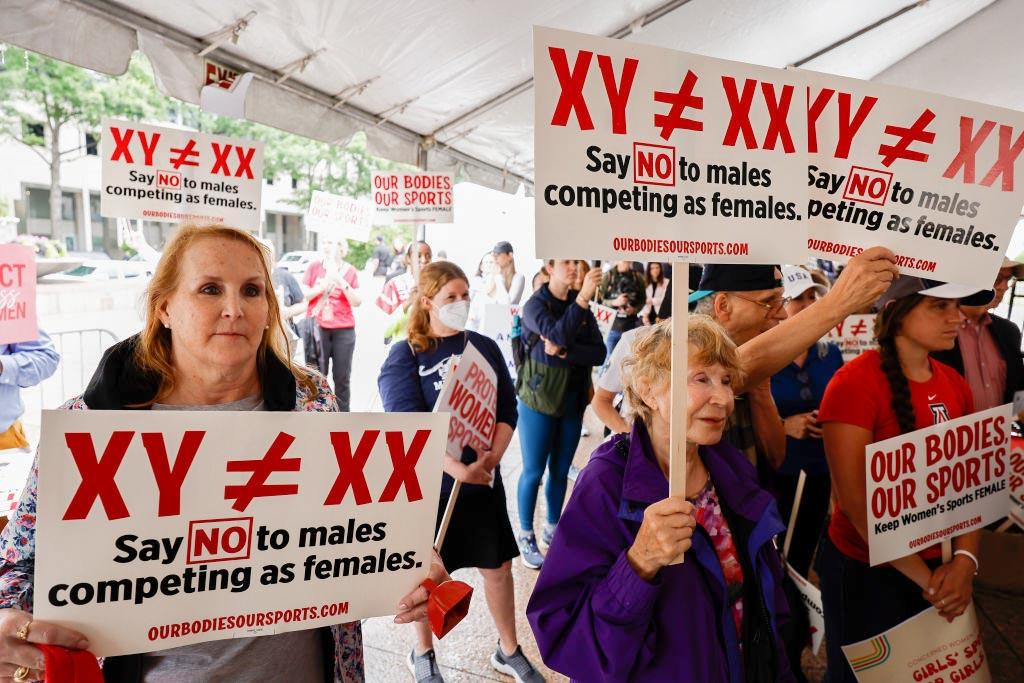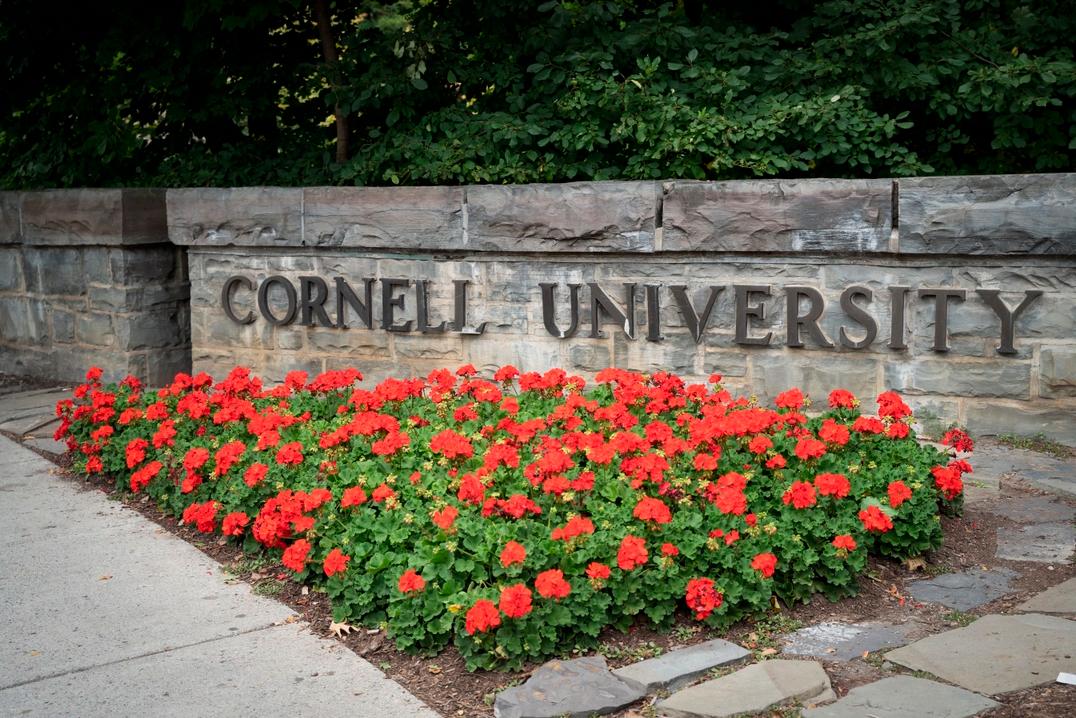A Portland-based housing support group, Hacienda Community Development Corporation, has been offering noncitizens up to $30,000 toward the down payment on a home through its Camino a Casa program.
Camino a Casa is described as “a loan program [that] helps people achieve the dream of homeownership by removing common entry barriers,” including the need to make a large down payment. It “aims to help new migrant homebuyers through financial coaching and housing counseling” as well.





